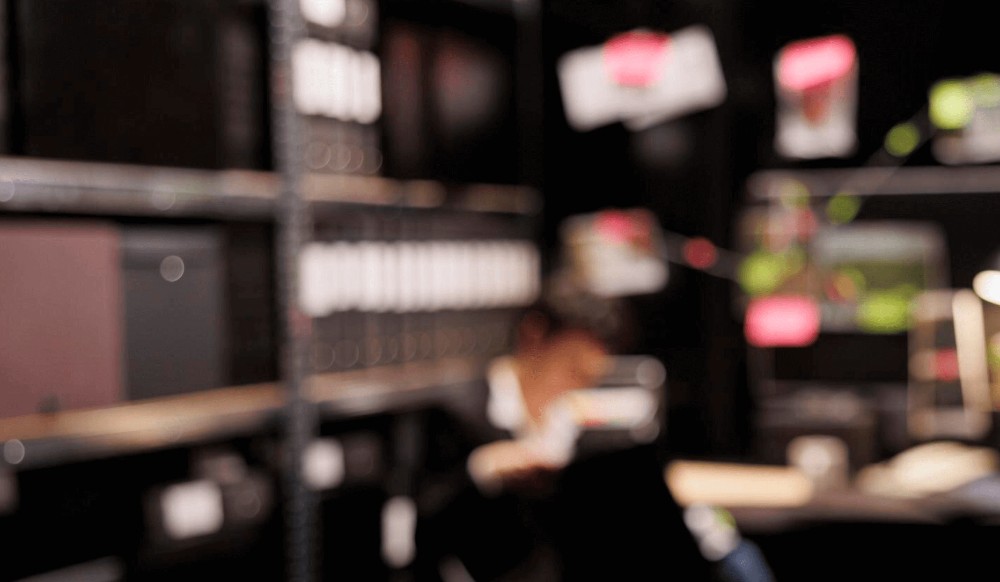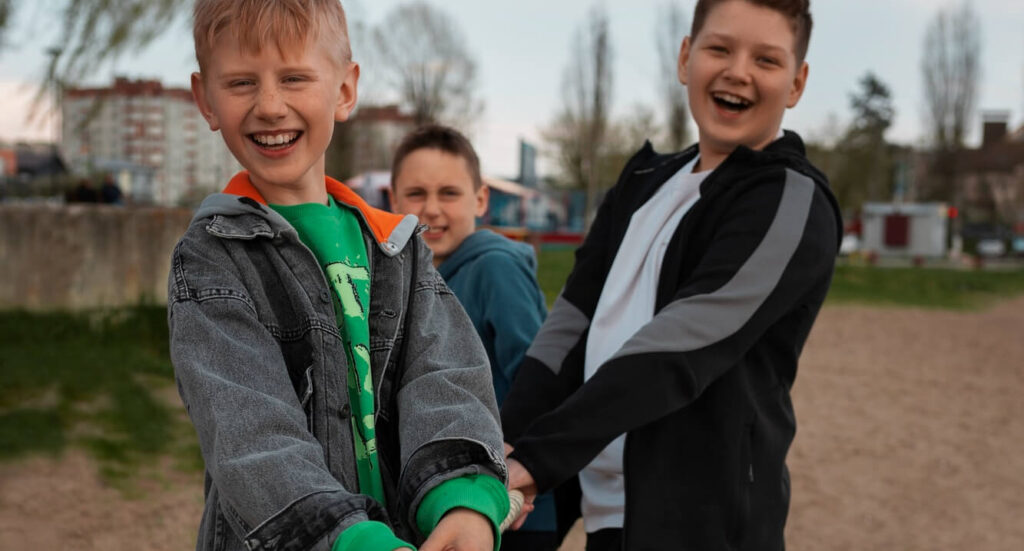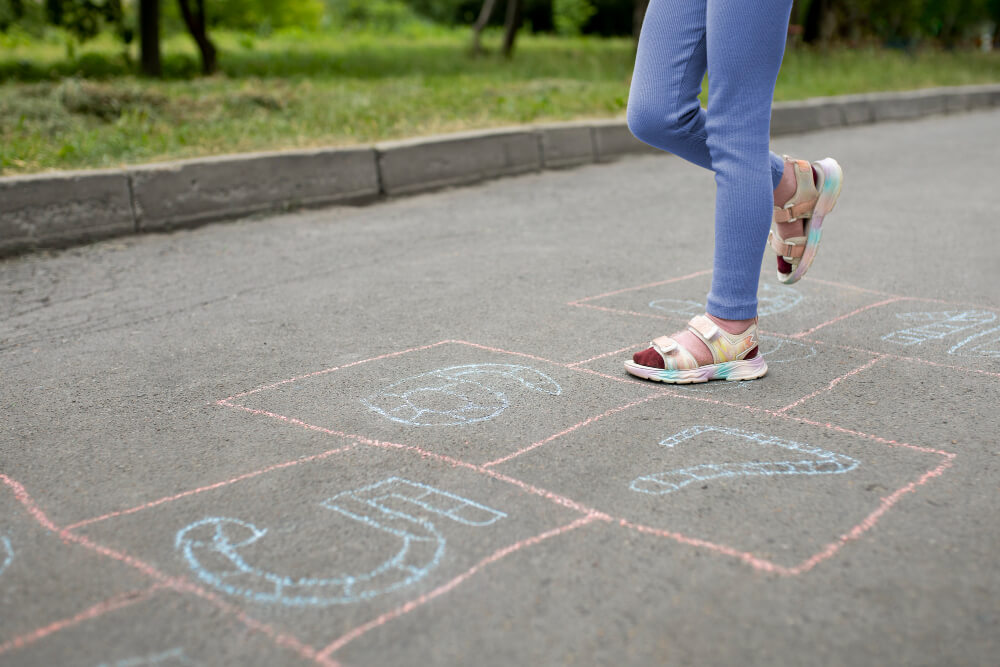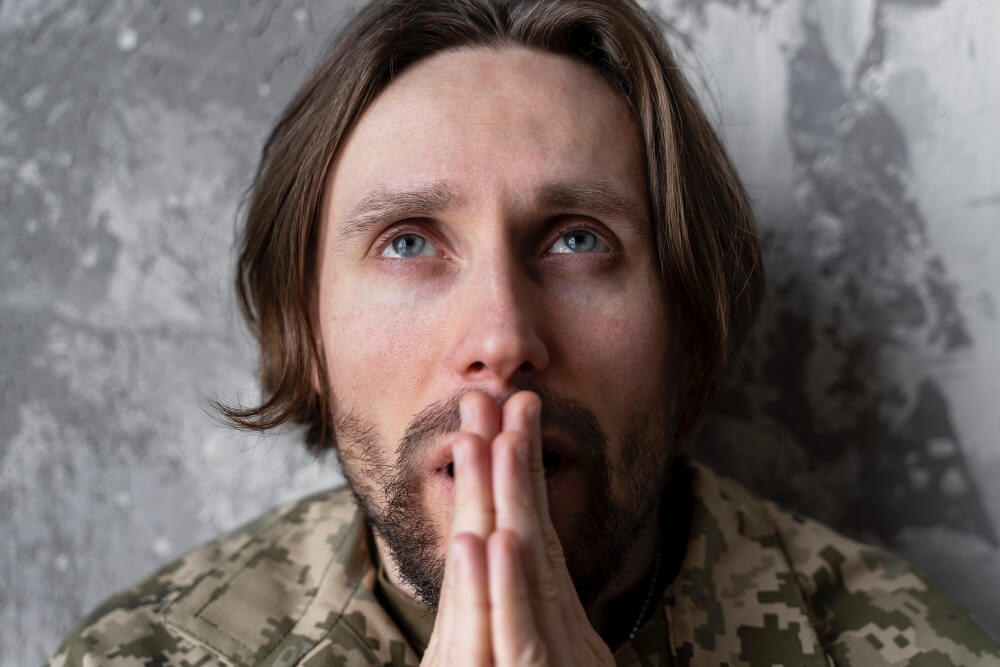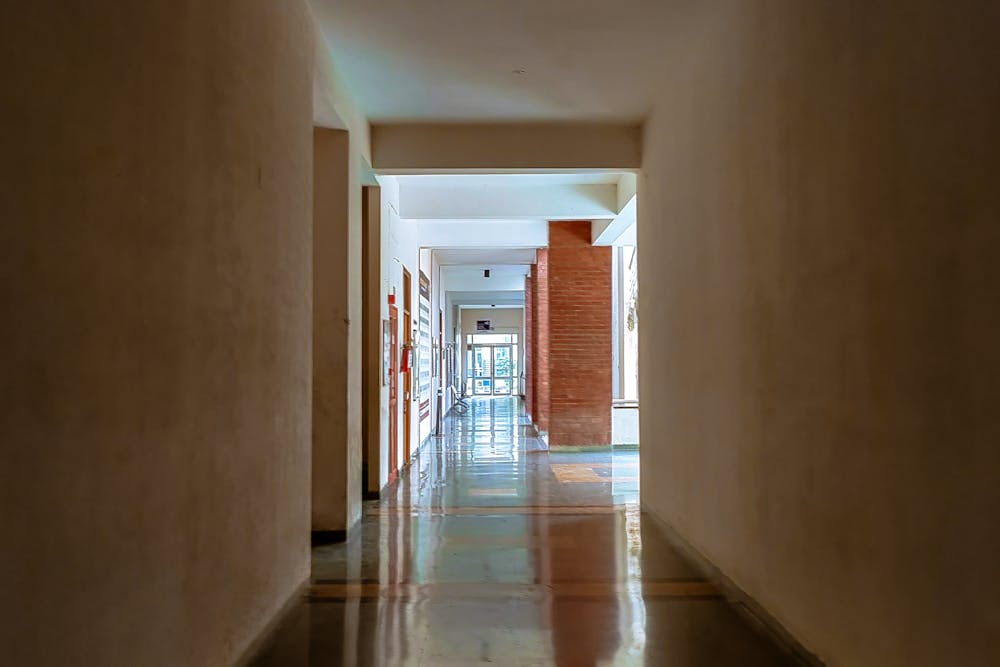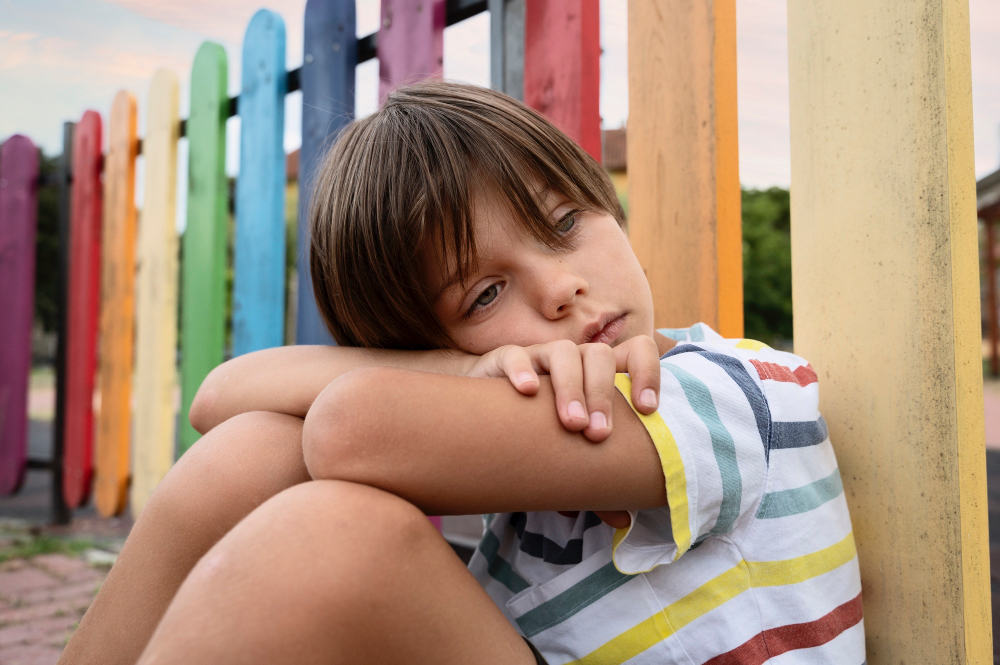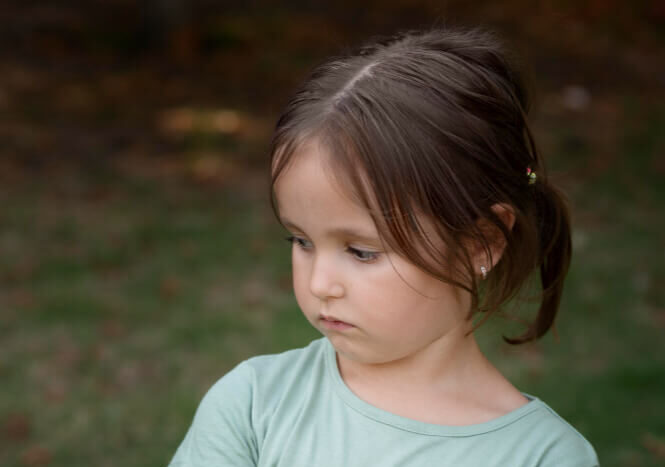
Educational harm
The emotional, cognitive, and academic consequences of exclusion, burnout, unsupported needs, and systemic discrimination in school settings.
-
Counting crisis: data, distrust, and the false choice between safety and inclusion
Across British Columbia, the launch of Surrey DPAC’s Room Clear Tracker has ignited a storm of debate among parents, educators, and disability advocates. Some view it as a necessary step toward transparency; others fear it will reinforce stigma or justify segregation. Beneath the surface of this argument runs a deeper fracture—between those who seek safety…
-
Too afraid to see: why the BC government doesn’t track exclusion
Data is the scaffolding of democratic accountability. Without shared facts, policy becomes theatre and suffering becomes rumour. That is why regimes that fear transparency always tamper with the census, and why bureaucracies that fear criticism cling to privacy as a shield rather than as a right. When governments decline to track exclusion, they are not…
-
A war on joy: discipline, obedience, and the disabled body
An examination of how education absorbs military and capitalist values—discipline, endurance, and efficiency—until joy becomes a threat to order. This piece argues that the rationing of joy for disabled students is both an ethical and structural failure, transforming learning into control and endurance into a false measure of worth.
-
The false economies of war and schooling
A critique of austerity as a governing principle. This essay argues that Canada’s education and defence systems share a moral and strategic collapse: both confuse restraint with wisdom and endurance with strength. It exposes how underfunding education produces economic waste, social decay, and moral injury across generations.
-
PTSD and moral injury in war and the classroom
An analysis of how bureaucratic obedience erodes conscience. Drawing on moral injury research from military and healthcare contexts, this essay reframes teacher burnout as institutional betrayal. It shows how educators are trained to suppress empathy and how that suppression mirrors the psychic injuries of combat.
-
What they say when you leave the meeting
Canary Collective’s piece The Apple Doesn’t Fall Far from the Tree: What’s Said About Parents After They Leave the Room tells what often happens after parents leave a school meeting. The talk shifts away from the child and turns toward the parents. People start guessing what is “wrong” at home instead of asking what the…
-
In genocide and the classroom: the routinising of distress
A meditation on how institutions train people to ignore suffering—how desensitisation, scarcity, and forced optimism erode empathy and make harm seem ordinary.
-
Surrey parents launch classroom crisis tracking tool
In Surrey, British Columbia, a new parent-led initiative is bringing long-needed visibility to a silent crisis in public education: classroom evacuations when a student experiences distress. The Surrey District Parents Advisory Council (DPAC), in partnership with the Surrey Teachers’ Association and CUPE 728, has launched a tool to track these classroom clearings, documenting how often…
-
The architecture of harm, the anatomy of healing
Each year when the light thins and the trees surrender their leaves, we are reminded that systems rot slowly, from the inside out, while pretending to stand tall. The fluorescent hum of classrooms carries through the shorter days, and the rhythm of school life resumes its weary repetition—meetings, promises, half-measures. Parents sit again in plastic…
-
Systemic grooming and the illusion of care
The Canary Collective has written Systemic grooming and the illusion of care, a piece that captures, with devastating precision, what many educators and parents have felt but could rarely name: the way institutional systems cultivate obedience through the slow corrosion of self-trust. It describes how loyalty becomes a leash, how “teamwork” becomes surveillance, and how…
-
The cost of partial inclusion in schools
I have returned to writing after a long silence—one imposed less by choice than by survival. The move was necessary, a matter of financial gravity after years of lost income entwined with the harm my children endured within an ableist school system. Leaving our home felt like surrendering a life I had fought to sustain,…
-
When righteousness and safety diverge
Every parent who becomes an advocate stands at the threshold between justice and protection. We enter the arena to make things better, yet the fight itself can wound the very children whose pain brought us here. There is always a moment—quiet, terrible—when the pursuit of systemic change begins to scrape against the body of a…
-
Raised inside the broken home of public education
Every society tells itself that public schools are good homes for children. We picture safety, fairness, and care distributed through the hallways like sunlight. Yet affection without protection becomes a kind of gaslight, and the insistence that everyone inside means well becomes a substitute for justice. We praise the intention instead of confronting the injury.…
-
No accidents left to excuse
When I first read the Canary Collective’s Systemic Abuse in Education: Breaking the Cycle and Kim Block’s companion essay Is this Systemic Oppression or Systemic Abuse?, I did not feel revelation so much as recognition. I have called what happens to disabled and neurodivergent children in British Columbia’s schools abuse for years, because the word fits the scale…
-
The Ombudsperson and the war of attrition with systems of escalation
This essay is in response to the closure of my complaint by the Office of the Ombudsperson of British Columbia. It documents my family’s experience navigating the education complaint system, the Teacher Regulation Branch, and the Ombudsperson itself. It exists to show how a system meant to protect fairness becomes one that delays, deflects, and…
-
Incident Ipsum: decoding the bureaucratic poetry of school emails
It began, as so many things do, with a friend forwarding an email she could hardly parse. The first message made little sense; the follow-up from a case manager arrived dense with jargon, couched in performative empathy, and copied unnecessarily to a wider audience. The tone was professional. The effect was punitive. The email accomplished…
-
UIP, the good, the bad, the ugly
We’ve had good and bad experiences with the Urgent Intervention Process. The good ones feel like brief glimpses of the world that could exist if the school meant what it said about inclusion—moments when a skilled worker steps in and the air clears, when everyone remembers the child at the centre of all this. The…
-
Homework: discrimination after the bell
The Canary Collective’s new piece, Homework and Harm: How Discrimination Follows Disabled Students Home, captures something families of disabled children know by heart: the school day rarely ends at dismissal. When accommodations fail, the unfinished work is sent home, transforming evenings into a second shift of struggle, supervision, and shame. When access is deferred to after…
-
Despair is there in the room, during the IEP
I was not such a bitch before my children were worn down by years of slow, grinding neglect. I became one through exposure. The tone, the edge, the precision that now startle others are the after-effects of advocacy conducted in hostile conditions. I used to be patient. I brought muffins to meetings and printed copies…
-
Bearing witness to truth
Every once in a while, a piece of writing crystallises what thousands of parents have been living for years — the quiet collapse of public education as a place of belonging for disabled children. Kim Block, Chair of BCEdAccess, has written such a piece. Her essay, published on October 18, 2025 and reprinted by the…

